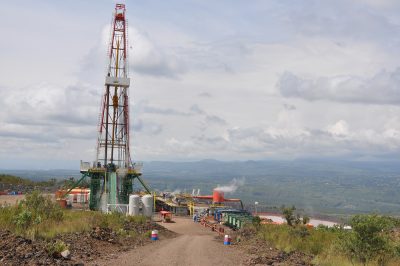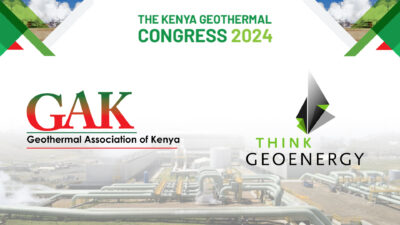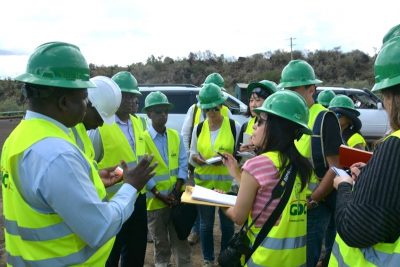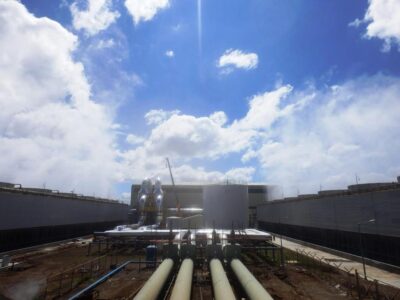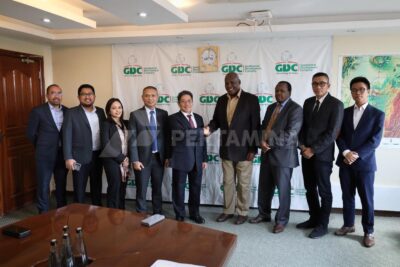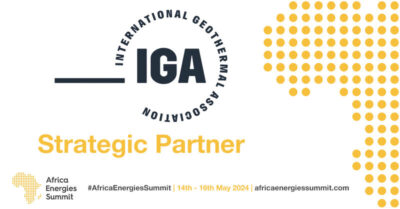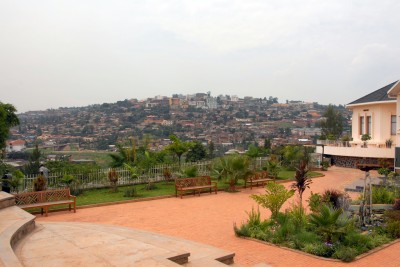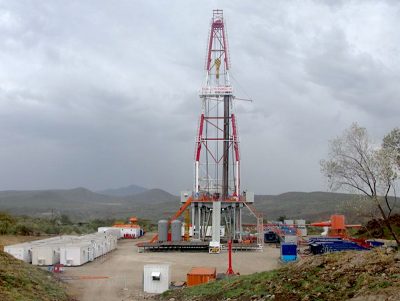Geothermal to play major role in Kenya’s renewable energy plan
Kenya is fast-tracking its plan to boost renewable energy as hydro power increasingly becomes unreliable due to erratic rains. Geothermal is thereby playing a major role as it could add 490 MW to the planned 2,000 MW planned renewable capacity to be installed until 2012.
Reported from Kenya, “Kenya is fast-tracking its plan to boost renewable energy as hydro power increasingly becomes unreliable due to erratic rains. Several such power projects are scheduled to kick off next month. The initiative is being coordinated by the office of the Prime Minister.
The envisaged 20-year plan to boost the country’s power by 2,000 megawatts has been turned to a three-year “crash programme”.
In adopting renewable energy, Kenya hopes to reap added gains of turning the country into a green economy.
By going green, Kenya will be joining a global initiative to combat climate change through environment-friendly practices, that promise millions of new jobs.
The green energy initiative is in tandem with the UN initiative of carbon trading. It allows developed countries to offset some of their emissions from cars, factories and homes by funding clean energy projects in the Third World.
On top of winning carbon trading points, the renewable energy generation in Kenya will inject additional power to the national grid to assuage fears of the manufacturing sector and potential investors.
Kenya obtains more than 75 per cent of its 1,200MW of power from hydro. The country’s only existing source of renewable energy is geothermal power, which has not been fully exploited.
By June 2012, according to Prime Minister Raila Odinga, the country will have boosted its energy capacity by up to 2,000MW through geothermal, wind, bio-fuel, solid waste and coal-driven power plants.
The Energy ministry has so far identified six geothermal projects in Olkaria and Menengai with a total capacity of 490MW. Financing is the only obstacle to exploitation.
According to Prof Hino, the government, through engagement with the private sector, aims at reducing the time used to setting up the projects from two years to one.
“The physical construction of a geothermal plant can take up to two years. Most of this time has in the past been taken up by conducting feasibility studies and seeking financing,” said Prof Hino.
He added: “We plan to come up with all the possible projects. We will then invite proposals from foreign and local firms to invest in the projects.”
Source: Ethiopian Review
